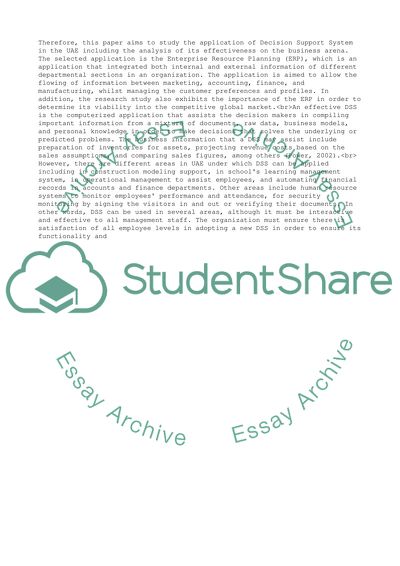Cite this document
(“Dss Case Study Example | Topics and Well Written Essays - 3000 words”, n.d.)
Dss Case Study Example | Topics and Well Written Essays - 3000 words. Retrieved from https://studentshare.org/business/1629807-dss
Dss Case Study Example | Topics and Well Written Essays - 3000 words. Retrieved from https://studentshare.org/business/1629807-dss
(Dss Case Study Example | Topics and Well Written Essays - 3000 Words)
Dss Case Study Example | Topics and Well Written Essays - 3000 Words. https://studentshare.org/business/1629807-dss.
Dss Case Study Example | Topics and Well Written Essays - 3000 Words. https://studentshare.org/business/1629807-dss.
“Dss Case Study Example | Topics and Well Written Essays - 3000 Words”, n.d. https://studentshare.org/business/1629807-dss.


